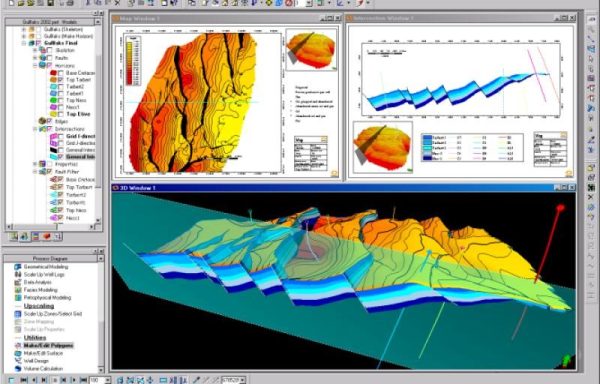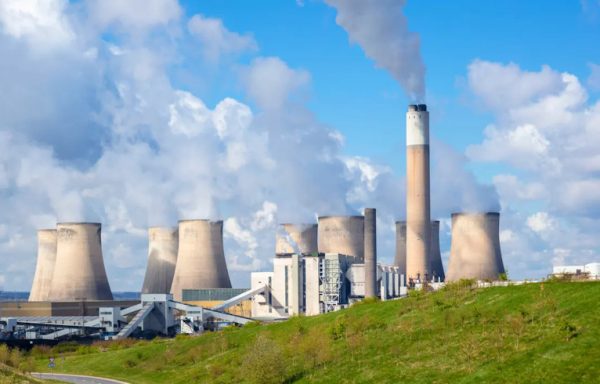Skip to content

- Environment, natural resources, economy and society: the economic view of the environment in the light of neoclassical economics, externalities, property rights.
- Regulatory and economic instruments of environmental policies: optimal level of pollution, command-and-control policies, market-based policies: taxes, subsidies, pollution permits, etc.
- Optimal use of renewable and exhaustible resources: basic analysis of optimal use of exhaustible natural resources (Hotelling rule), general model of exploitation of a renewable resource
- Economic valuation of environmental goods and services: use and non-use values, stated preference valuation methods, revealed preference valuation methods, applications.
- Single-criterion decision-making: Basic Principles, Definitions, Advantages-Disadvantages, Pareto Optimization, Hicks-Kaldor Criterion, Cost-Benefit Analysis, Cost-Effectiveness Analysis.
- Multi-criteria decision making: Basic principles, Applications of Multi-criteria methods, Estimation of Weights, Multi-criteria methods, Weighted summation, Analytical Hierarchy.
- Participatory decision making: Stakeholder Analysis, use of communication tools and methods, use of financial tools (e.g. “low bid” and “high bid” auctions).
- Risk Analysis: Basic Principles, Semi-Quantitative and Quantitative methods, Fuzzy Data Management, Use of stochastic analysis with Monte Carlo simulation.




